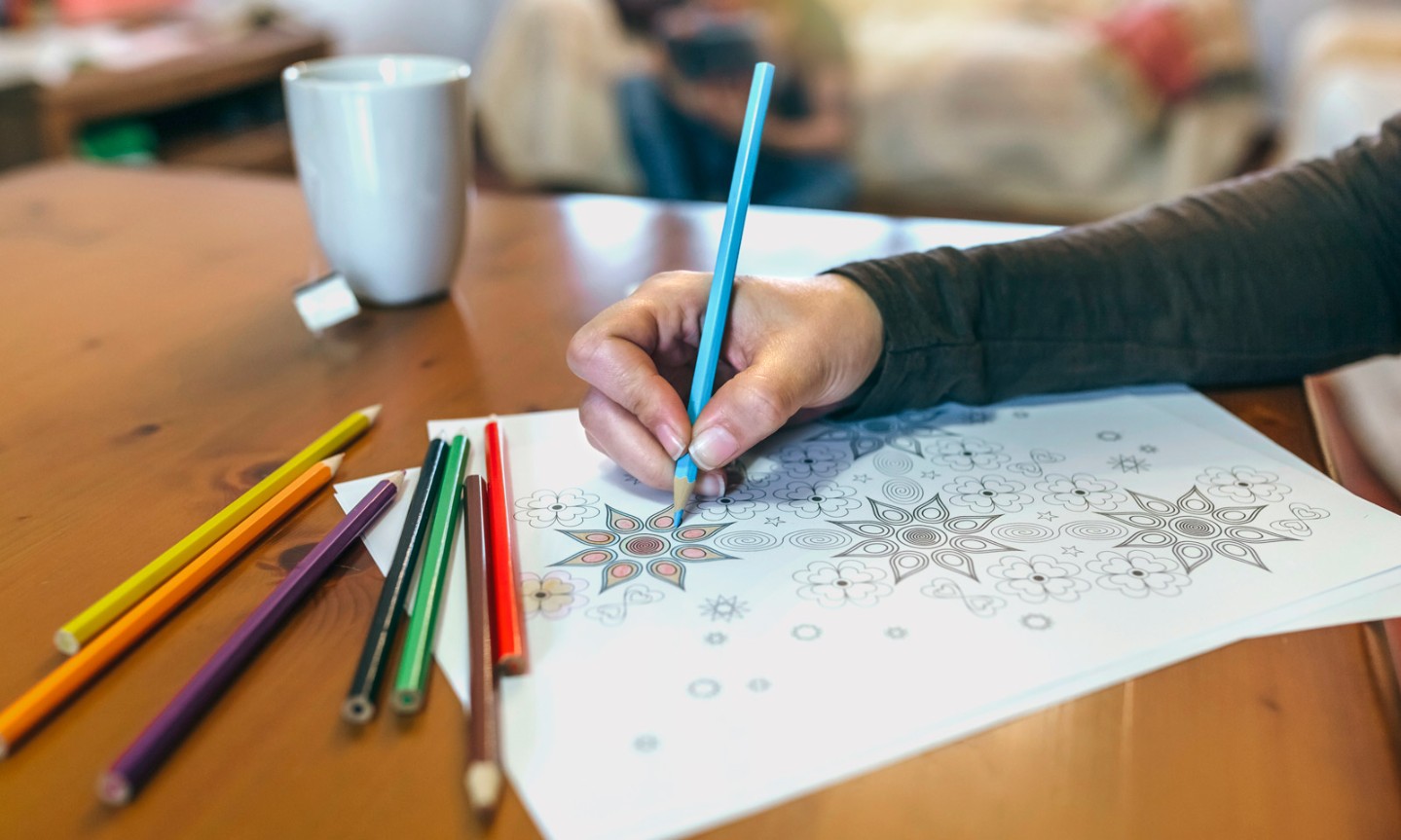You Matter. Always. A Message for "You Matter Day"
FEB 02, 2026On "You Matter Day" and every day, remember your inherent worth. If struggling, reach out to 988 or trusted contacts. You are not alone, and help is available.
Read More
When we are depressed, stressed or overscheduled, leisure activities-things we do for fun in our free time-are often the first things we sacrifice. But these activities are usually also our coping skills to help get us through hard times, so we must find free time for fun and relaxation.
Leisure has a positive effect and a very large effect on mental health. Some of the things that it will help you with are: Let off steam. When you do the physical aspects it's going to let off some of that energy to help your body relax, help your mind relax. It's going to help you with expressing yourself - you can do that through creative things. That's going to increase your self-esteem, it's going to increase the enjoyment in life that you have, and to try new things.
Try new things that maybe you didn't think that you would enjoy. Some people will find the calming aspect of zentangle something they like where other people will find that going to the gym and just running on the treadmill as fast as they can are going to be different things that they enjoy.
Leisure is so important to stay in your life. It is often one of the first things that, as we start to pull back and become more depressed or kind of be swallowed by our mental illness, it's the first thing to go. So make sure that you have leisure things that are set up.
New things are always going to spark different interests in yourself. You might not like it, it's okay, you don't have to keep going. Just try new things. If you do like it, it can give you more of a social environment.
Have people around you that know your mental needs or know what will help you. They'll be able to see if you're starting to slip or if you're starting to kind of withdraw so that you're able to have them come help you be more engaged.
The last tip I would say would be to have coping skills. Many of our coping skills are leisure activities, whether it's reading, journaling some of our feelings, talking to somebody, or walking around. Make a list, because sometimes when we get into our depression or we get into our head and we're overthinking things, we forget what our coping skills are. Maybe have them written on you on your fridge or on a mirror so that you're able to refer back to them as the things that help and often you'll find that those are leisure things as well.

On "You Matter Day" and every day, remember your inherent worth. If struggling, reach out to 988 or trusted contacts. You are not alone, and help is available.
Read More
Raynaud's phenomenon is a rare disorder that affects the blood vessels, most commonly in the fingers and toes, but sometimes also in the nose, ears, or lips.
Read More
With the colder temperatures and shorter days of winter often comes changes in mood, energy and overall well-being. Maintaining a routine and stayin connected are two ways you can support your mental health in winter.
Read MoreWhen you need local health information from a trusted source, turn to the CHI Health Better You eNewsletter.